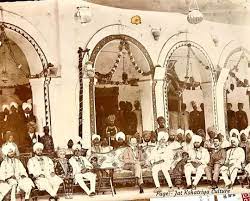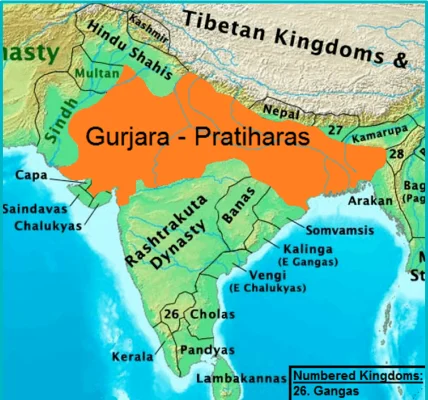
Strategic Gains Amidst Conflict: How India Capitalized on the Russia-Ukraine War and Gaza-Israel Conflict to Strengthen Its Global Position
This paper examines how India strategically leveraged the geopolitical upheavals caused by the Russia-Ukraine war and the Gaza-Israel conflict to enhance its global standing. By increasing arms exports, securing discounted energy deals, and strengthening its diplomatic position, India effectively capitalized on these conflicts. The analysis highlights India’s significant economic gains, including a boost in defense sales, reduced energy costs, and diversified trade relationships. This strategic maneuvering not only solidified India’s role as a major global player but also provided insights into its evolving geopolitical strategy amidst global uncertainties.
















